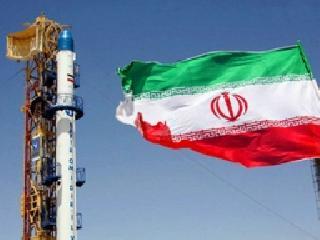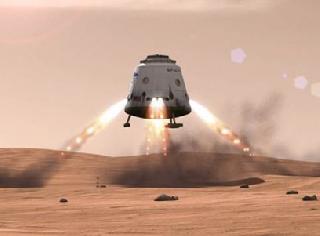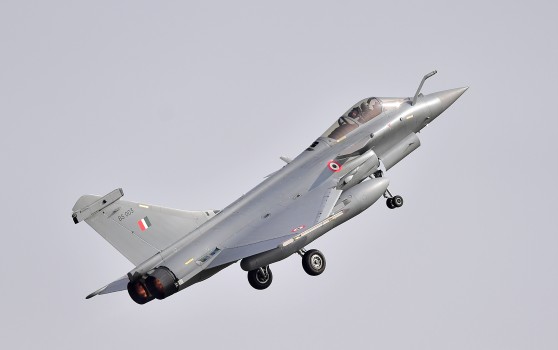
The Safir rocket.
TEHRAN (AFP): Iran has launched an observation satellite into orbit above Earth, its third since 2009, the official IRNA news agency reported.
"The Navid satellite was launched successfully.... It will be placed into an orbit (at an altitude) between 250 and 370 kilometres," IRNA quoted the head of Iran's Space Organisation, Hamid Fazeli, as saying.
The launch on Friday comes as Iran is marking the anniversary of its 1979 Islamic revolution -- and as tensions are heating up over Iran's nuclear programme.
The 50-kilogram satellite is meant to stay in orbit for 18 months, sending back images to Iran as it completes a revolution of Earth every 90 minutes. It was unveiled two years ago and its launch had long been expected.
President Mahmoud Ahmadinejad led the launch ceremony, media said. "It's the beginning of an immense labour... which holds the promise of friendship for all mankind," Ahmadinejad was quoted as saying.
Iran's defence minister, Ahmad Vahidi, said the Navid satellite would beam its images to several ground stations across the country, according to media.
"The telemetric and command stations give and receive data and control the satellite," Vahidi said.
It was the third domestically made satellite Iran has put above the planet using its Safir rockets. The other two observation platforms, launched in February 2009 and July 2011, stayed in orbit for two to three months.
Iran's space programme deeply unsettles Western nations, which fear it could be used to develop ballistic missiles capable of carrying nuclear warheads they suspect are being developed in secret.
Tehran, which insists its nuclear programme is exclusively peaceful, says its space ambitions include launching seven other satellites in coming years - and putting an Iranian astronaut into orbit by 2020.
 Previous Article
Previous Article Next Article
Next Article













The Indian Air Force, in its flight trials evaluation report submitted before the Defence Ministry l..
view articleAn insight into the Medium Multi-Role Combat Aircraft competition...
view articleSky enthusiasts can now spot the International Space Station (ISS) commanded by Indian-American astr..
view article